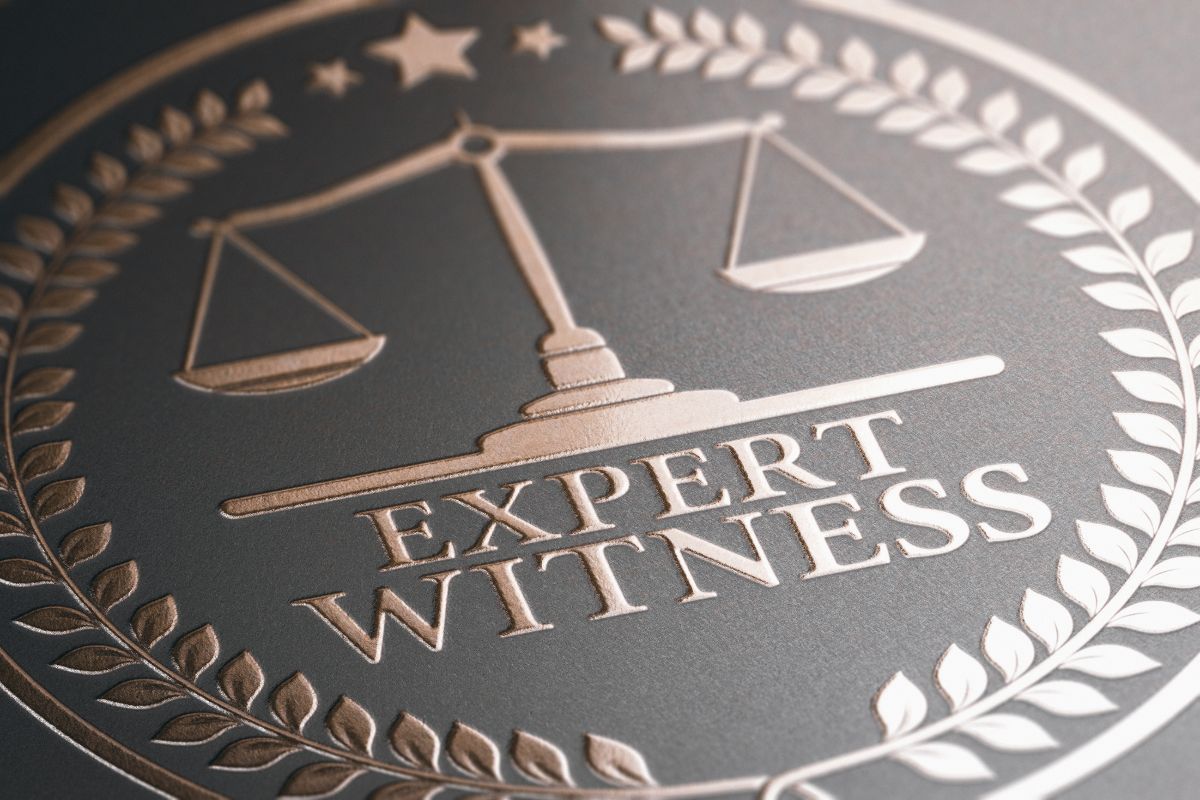What Cases Use Expert Witnesses? Part One

Normally, courts prohibit witnesses from testifying based on their own opinions or analysis. Federal Rule of Evidence 602. Courts relax these rules for expert witnesses testifying about matters within their field of expertise. Expert witness rules vary by jurisdiction. In federal courts, expert witness testimony is governed by Article VII of the Federal Rules of Evidence.
Expert witnesses may testify about their conclusions in a case provided that their analysis is scientifically sound. In reaching a conclusion, an expert witness may proffer an opinion on the same types of evidence that those in their profession normally rely on in their field and work, even if such evidence is otherwise inadmissible in court. For example, a doctor may testify about his analysis of an X-ray, even though an X-ray would normally be hearsay and inadmissible.
As a wide variety of cases come through the judicial system, there too is a wide variety of experts that are available to testify. The personal expertise of some experts may cross over from one area of the law to another. An expert may base testimony on reliable information about the case itself, reliable texts, the information given in the form of a hypothetical question, or testing conducted by the testifying expert or another expert.
There are several general requirements for experts and their testimony. The subject of the expert’s testimony must be beyond the experience of ordinary witnesses and the testimony must be helpful to the trier of fact.
*The witness must be qualified as an expert on the subject because of special knowledge, skill, experience, training, or education. Evid. Code §801 (a).
*Experts may also be parties and the jury may weigh that fact in considering the witness’s credibility. Evid. Code §720 (a).
*If the expert’s testimony involves a new scientific technique, that technique must satisfy the “general acceptance” test of People v. Kelly (1976) 17 Cal.3d 24, 30. Evid. Code §801 (b)
* There is no requirement that an expert has prior experience testifying in court. McCleery v. Bakersfield (1985) 170 Cal.App.3d 1059, 1065-66.
*Engineering Experts
Products liability cases require analysis of whether a product was designed or manufactured safely. An engineer may apply their expertise and inform the jury if a designer or manufacturer knew or should have known that its design or manufactured product, when used as intended, could cause injury.
*Forensic Experts
Forensic experts may offer opinions in many different types of cases although most people associate forensic experts with criminal cases where the issues relate to DNA found on evidence or whether a substance tested positive for an illegal, controlled drug or substance.
*Financial Experts
Financial experts such as forensic accountants may offer assistance in divorce cases by helping determine if one spouse is concealing assets or providing the court with information about potential tax consequences for various actions. These, as well as forensic experts, may also assist in probate court by determining the value of various pieces of property, thus determining the value of an estate, thus assisting in the fair division of property, and the determination of tax consequences. Financial experts can also help determine the value of future lost wages in today’s dollars.
Attorneys must be prepared to satisfy clients regardless of the nature of the services provided. The CDTA provides the training that attorney-advocates require to meet the needs of clients in the 21st Century. At CDTA, we train, educate, and develop students to be exceptional attorneys and trial advocates. Call us today at (760) 342-0900 or find out more online here.


